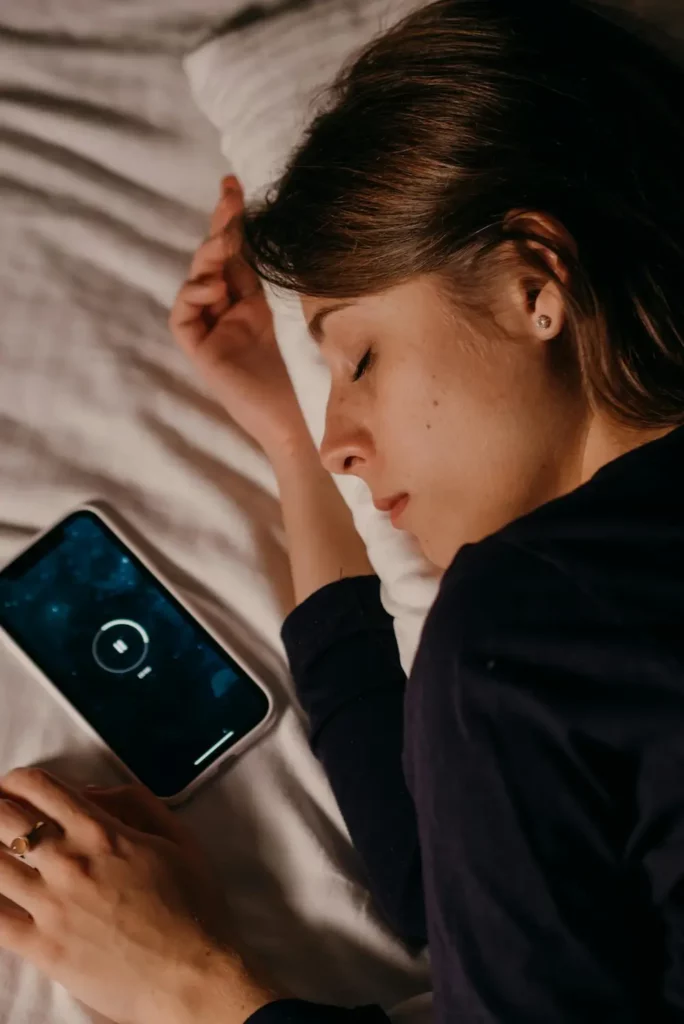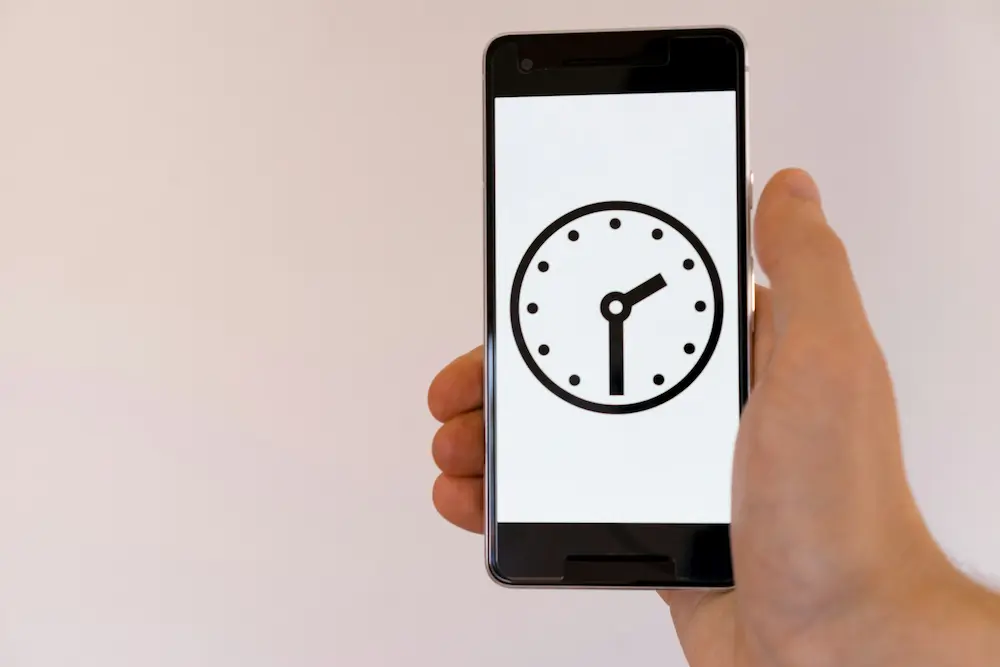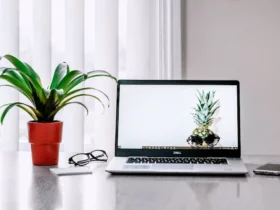It’s nearly impossible to escape the allure of screens: from smartphones and laptops to televisions and tablets, our daily lives are inundated with devices that demand our attention. While these technological advancements have undoubtedly made our lives more efficient and connected, they also pose a potential threat – particularly to our eyesight.
The constant use of screens can lead to eye strain, blurred vision, and even long-term damage if not managed properly. Here are 8 essential tips to help you maintain happy, healthy eyes in the midst of our screen-filled world.
Invest in Blue Light Glasses
With the rise of digital technology and increased screen time, it’s no surprise that many of us suffer from eye strain and fatigue. Enter blue light glasses, a solution that can reduce the effects of harmful blue light. These glasses have specially designed lenses that filter out the blue light emitted from screens. Wearing these glasses can alleviate eye strain and prevent potential long-term damage.
Take Regular Breaks
The best way to reduce the strain on your eyes from screens is to take regular breaks by using the 20-20-20 rule. After every 20 minutes of screen time, take a 20-second break and look at an object that is at least 20 feet away. This will help your eyes to relax and adjust to different distances, and minimize the risk of developing eye problems in the future. Remember to take good care of your eyes by following simple yet effective rules like the 20-20-20 method.
Adjust Your Screen Settings
As we spend more and more time staring at screens, it’s crucial to make sure that our devices are set up properly. Consider adjusting the brightness, contrast, and font size on your screen to a level that is comfortable for your eyes. Many devices also have built-in blue light filters that can reduce the amount of harmful light emitted – especially the newest smartphone and computer models come equipped with this feature. Taking a few moments to properly adjust your screen settings can make a big difference in reducing the harmful effects of screen time on your eyes.
Maintain Proper Distance
In addition to taking regular breaks and adjusting your screen settings, maintain a proper distance between you and your device. Make sure that the screen is at least an arm’s length away from your eyes to prevent unnecessary strain. While it’s easy to hunch over a screen, it’s important to maintain good posture and keep the device at eye level. Beyond just protecting your eyes, this will also prevent neck and back pain associated with prolonged screen use.
Blink More Often
We’ve all been there — staring intently at our screens and suddenly realizing our eyes are dry and uncomfortable. The culprit? Lack of blinking. When we focus on our screens for extended periods of time, we tend to blink less frequently, leading to dryness and discomfort. The good news is that we can take action to prevent this by making a conscious effort to blink more often. It’s a small and easy action that can successfully keep our eyes lubricated and comfortable.
Use Proper Lighting
The lighting around you can have a significant impact on your eye health while using screens. Dim or harsh lighting conditions can cause unnecessary strain on your eyes, causing you headaches and fatigue. To minimize these effects, use proper lighting when using screens.
Consider using a desk lamp or adjusting the brightness of your device to reduce glare and improve overall visibility. Natural light is also a great option, so try to position yourself near a window if possible.
Get Regular Eye Exams
Just like any other part of our body, our eyes require regular check-ups to maintain good health. Regular eye exams can catch any potential issues early on and prevent them from developing into more significant problems.
For people working at a desk job every day, it is recommended to get an eye exam at least once a year. If you’re experiencing any symptoms like blurred vision or eye strain, don’t hesitate to schedule an appointment with your optometrist.
Limit Screen Time Before Bed
The blue light emitted from screens can also interfere with our sleep patterns, making it harder for us to fall asleep at night. To prevent this, try limiting your screen time before bed and giving yourself a break from technology at least an hour before you plan to sleep.
Instead of scrolling through social media or watching TV, opt for activities that promote relaxation and better sleep, such as reading a book or listening to calming music. Your eyes and your overall well-being will thank you.

In a world where screens are an integral part of our daily lives, taking proactive steps to protect our eyes is essential. By incorporating these 8 tips into your routine, you can significantly reduce the risk of digital eye strain and maintain optimal eye health. Your eyes are precious, and taking the time to care for them will be sure to enhance your vision and improve your overall quality of life. Make eye care a priority and enjoy the digital world without compromising your eyesight.









